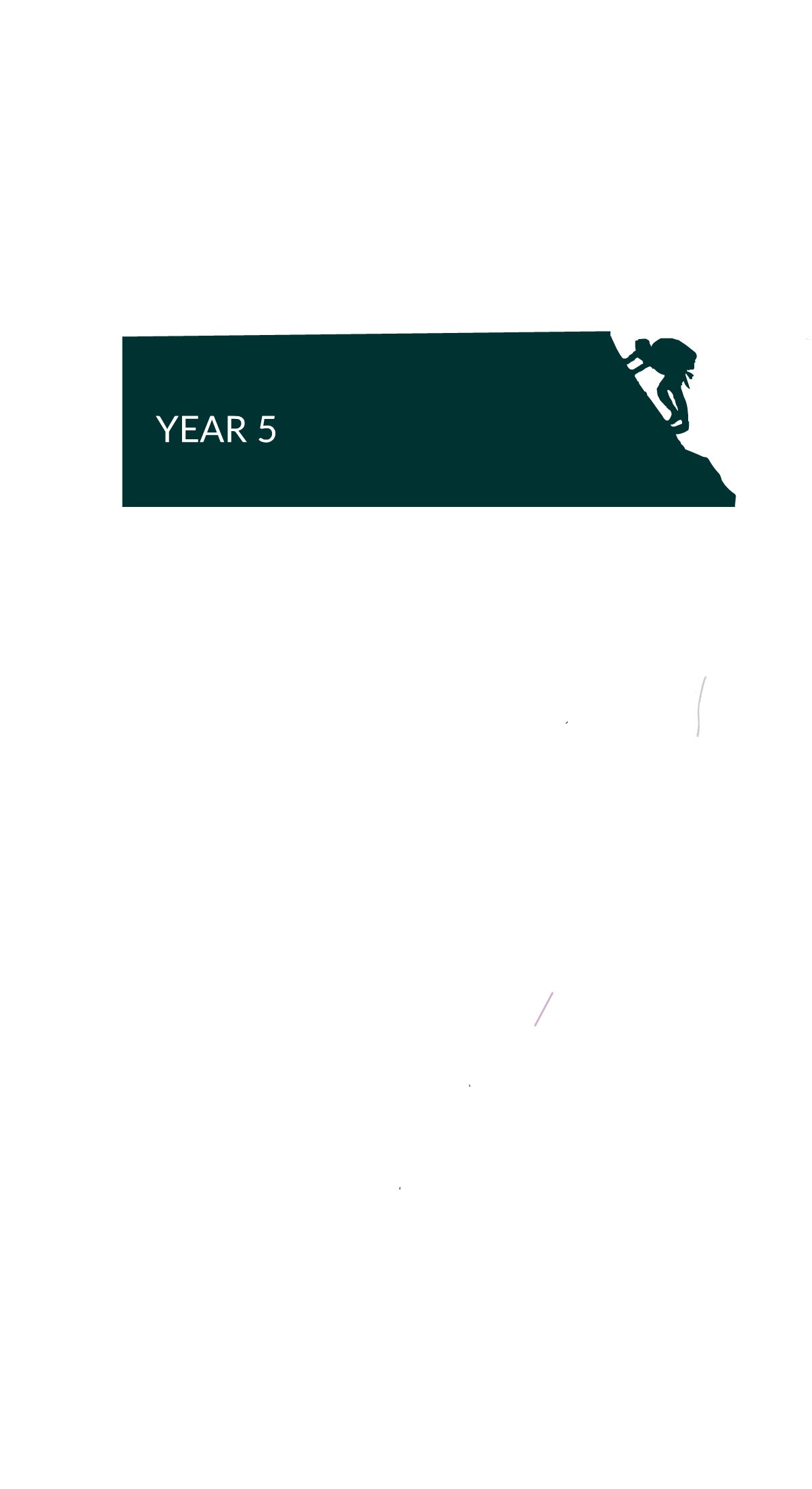STUDENTS AT RGUC
Aston University Medical Students
We have provided clinical placements to fourth and fifth year medical students from Aston University since 2022. Aston medical students on placement with us will be undertaking the MBChB in Medicine.

Fourth Year
Fourth-year students are split into two rotations; Student Selected Components (four weeks) and Cancer Care (six weeks).

Student Selected Components (SSC)
The SSC rotation aims to:
- Provide students with an opportunity to study additional topics, which may be within or outside the core MBChB curriculum.
- Allow students to study topics of interest in more depth, to engage in a more meaningful way in an area of practice that they have enjoyed.
- Allow students to develop an attitude to learning that is based on curiosity and exploration of knowledge rather than its passive acquisition, and which will be retained throughout the professional life.
- Invigorate students to ask, formulate and investigate their ‘research questions’. Develop, scholarship and research and self-confidence.
- Allow students to investigate possible future careers and career choices.
- Allow students to further develop skills or understanding.
- Allow students to develop one or more generic skills, such as team-working, essay-writing, PowerPoint presentations, research skills.
Students will be under the supervision of a clinician exploring and conducting an audit around a specific subject that they have chosen. At week two, students and their supervisor will partake in a formative assessment and feedback will be provided. There will also be a summative assessment required during this period.
Cancer Care

Understanding how cancer arises and spreads, how therapies work, the prognosis, and the effectiveness of therapies for common cancers and the impact of diagnosis and therapy on patient and family, are the main themes of this rotation. Students will learn about how holistic cancer care is achieved in the UK through multidisciplinary management of cancers and timely consideration of palliative care. During the six-week rotation for cancer care, each student will rotate around the following areas:
- Breast
- Colorectal
- Urology
- Haematology
- Palliative Care
- Respiratory
Students will attend Dermatology Cancer Clinics and also have a radiotherapy experience to further assist with their learning outcomes.
Within each of these areas, students will spend time in clinics, theatres, multidisciplinary team meetings as well as receiving formal teaching to meet their learning outcomes.
Fifth Year
Fifth year students are split into two rotations; Emergency Department and Surgical Specialities (six weeks) and Acute Medicine including Medicine of the Elderly (six weeks).

Emergency Department and Surgical Specialities
This rotation aims to ensure that students have a thorough grounding in the management of all manner of acutely ill patients presenting to the Emergency department or surgical team. This will include consolidating how to initially recognise and assess the unwell patient, how to manage or resuscitate such patients and how to stratify further risk and need for investigation and follow-up. Students will rotate around the emergency department, surgical areas and theatres and critical care.
Acute Medicine including Medicine of the Elderly
This rotation aims to ensure that students are confident in the management of acute medical problems that are seen in both the medical admissions unit and downstream wards. There will also be exposure to the medicine of the elderly, enabling students to develop skills in the management of patients with multiple comorbidities, frailty and polypharmacy. Students will rotate around medical wards, acute medical unit and elderly care.
Within each of these areas, there are opportunities to spend time in wards, assessment areas, clinics, theatres, multidisciplinary team meetings and receive formal teaching to meet learning outcomes.
Throughout each rotation, students are offered:
- A timetable detailing which area and clinical supervisor they are attached to
- Appropriate training to ensure the required skills are taught, as per clinical skills requirements
- Guidance on where to achieve all the required observed practice
- Regular meetings with clinical supervisor and skills educator
- Simulation training
- Formal teaching

